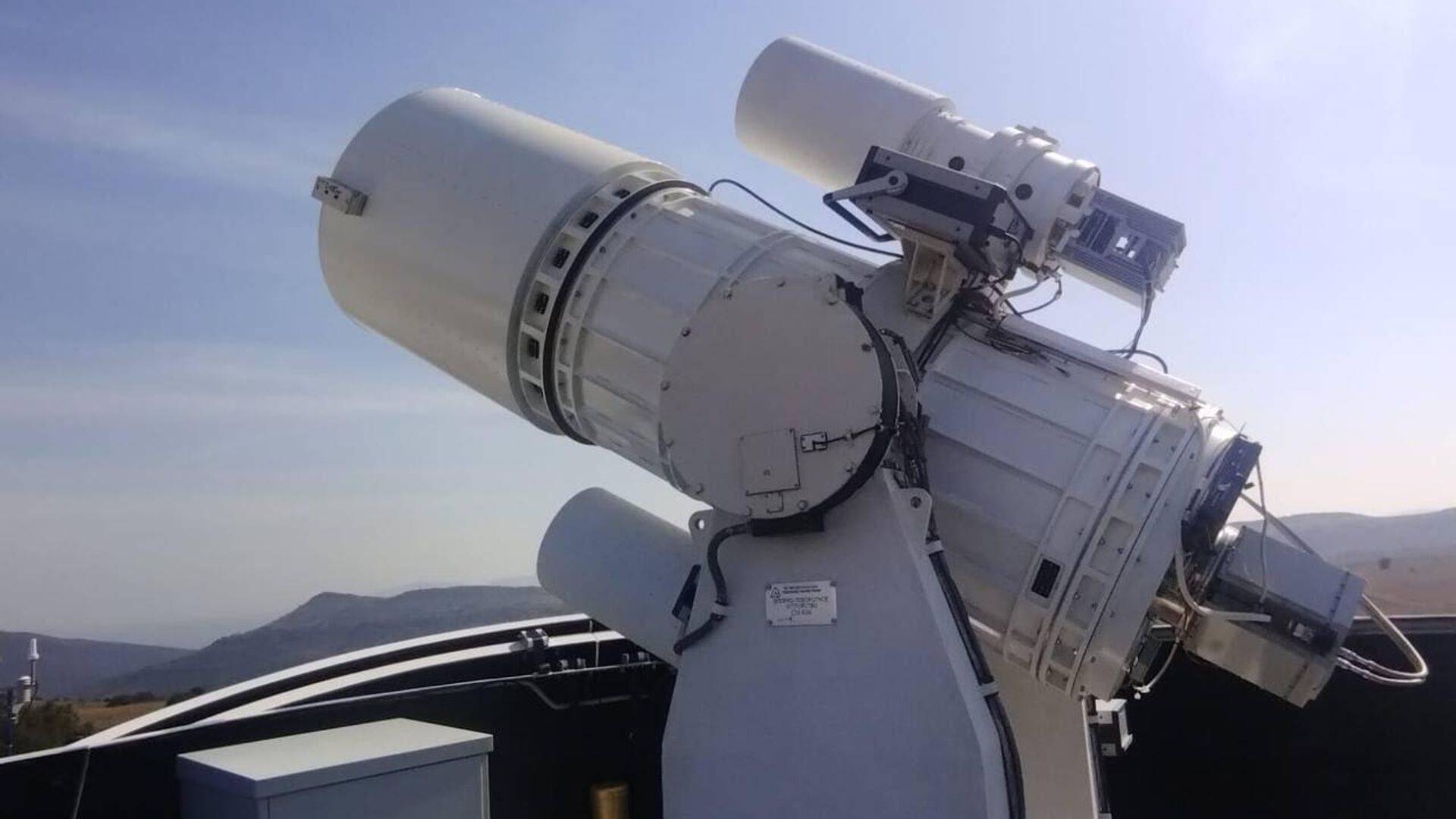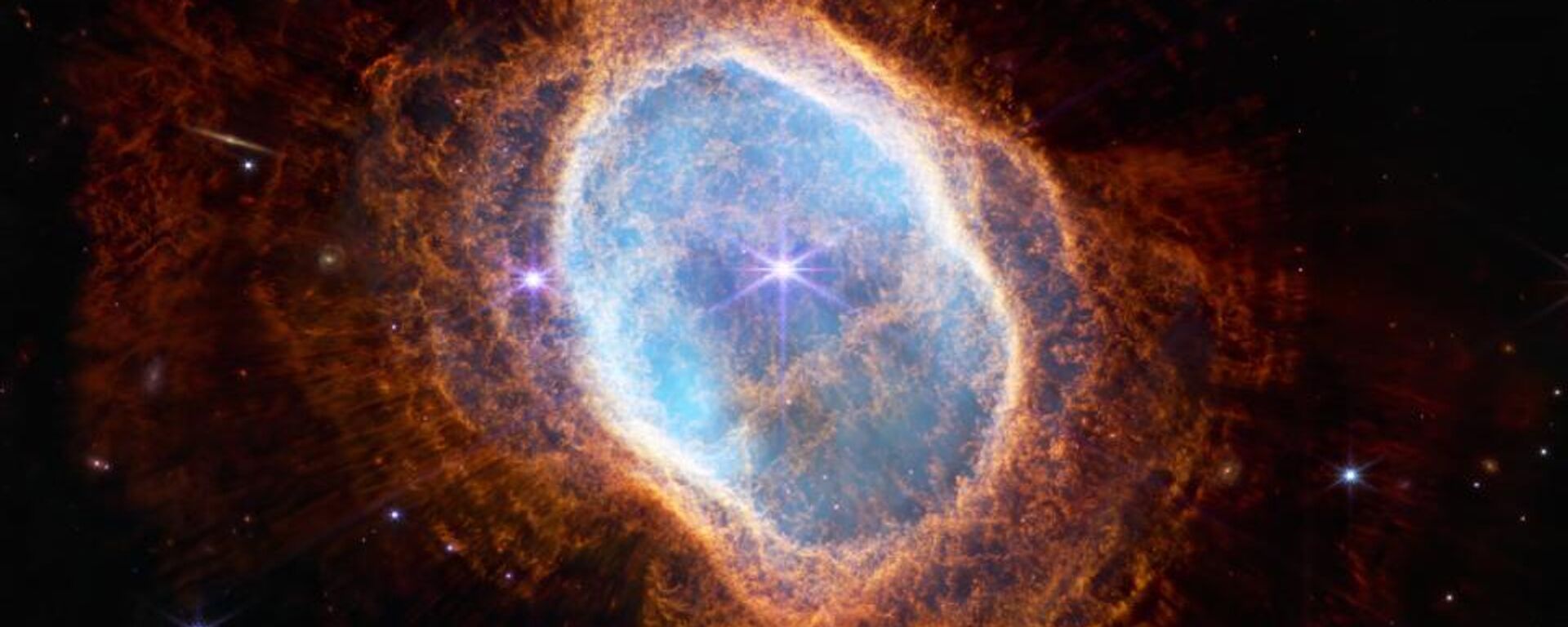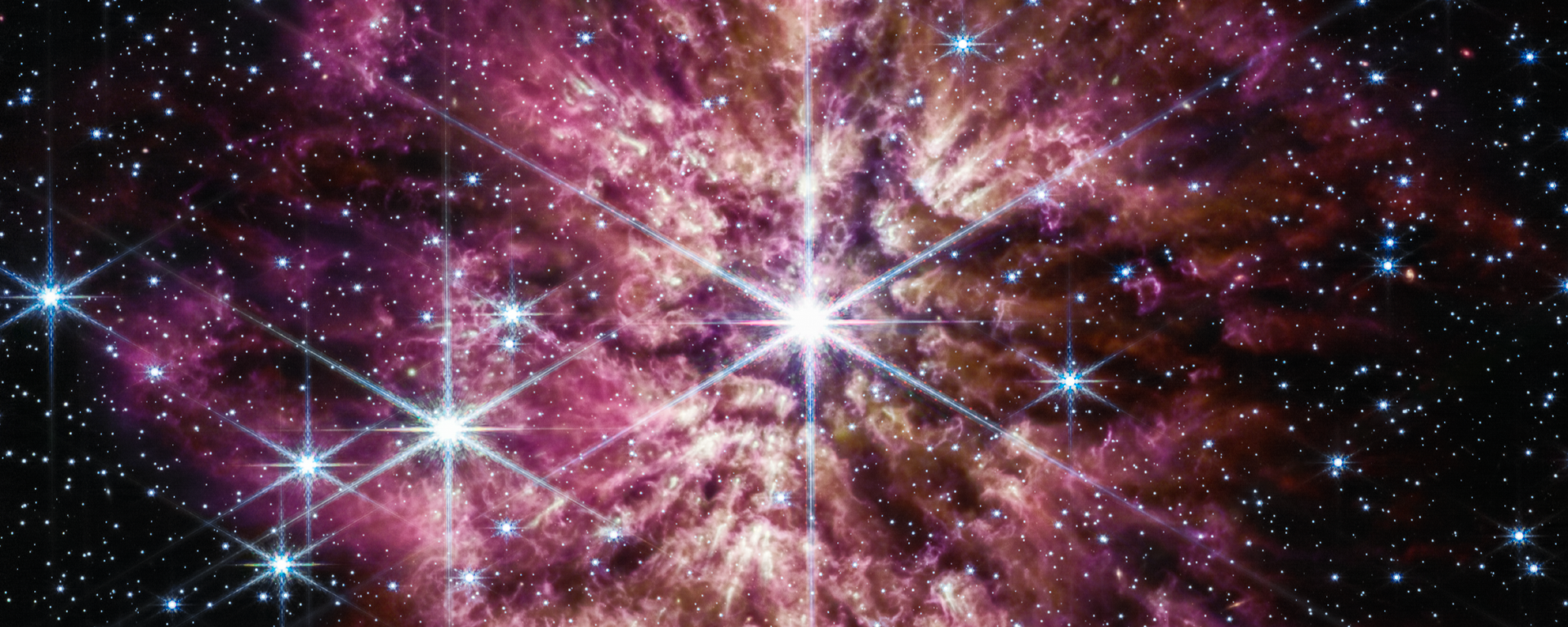https://en.sputniknews.africa/20230803/russia-launches-space-debris-monitoring-station-in-south-africa-1061031715.html
Russia Launches Space Debris Monitoring Station in South Africa
Russia Launches Space Debris Monitoring Station in South Africa
Sputnik Africa
On July 23, Russia opened a space debris tracking complex at the South African National Space Agency’s (SANSA) Hartbeeshoek facility in the North West. During... 03.08.2023, Sputnik Africa
2023-08-03T13:00+0200
2023-08-03T13:00+0200
2023-08-03T13:00+0200
sub-saharan africa
southern africa
south africa
russia
russia-africa cooperation
space
space exploration
international space station (iss)
roscosmos
https://cdn1.img.sputniknews.africa/img/07e7/08/03/1061035028_0:120:1280:840_1920x0_80_0_0_bfb00ba89160331be443bba089c5dcba.jpg
The facility, called the "Russian Optical and Electronic Complex for Detection and Measurement of Movement Parameters of Space Debris," will be used to detect and monitor space debris in a more timely and efficient manner, thus protecting space infrastructure from threats of collision, said Irina Khvorostianaya, an advisor to the Roscosmos general director.The space debris detection complex was inaugurated at SANSA's Hartbeeshoek facility in the North West. The opening was attended by Roscosmos Director General Yury Borisov and SANSA CEO Humbulani Mudau.According to Borisov, the explosive growth of participants in space activities and the rapid increase in the number of satellites in orbit, including satellite constellations, create more risks of collisions. Under these conditions, he stressed, it is vital to expand the network of space monitoring stations and achieve global coverage with such facilities.Only in March, the ISS had to perform two debris avoidance maneuvers. Khvorostianaya explained that the facility constructed in South Africa will be used to monitor threats to spacecraft, including the ISS and satellites.The complex can detect objects, including space debris, from 120 km to 40,000 km above the Earth, as well as calculate the angular coordinates of space objects and identify them with the database. According to Roscosmos, a team of Russian specialists arrived in South Africa to begin training the country's workers, who will operate the complex.Khvorostianaya added that the expansion of the network of monitoring stations will significantly increase the space surveillance area and enhance the safety of space activities. Roscosmos earlier stated that there are approximately 130 million space debris objects in near-Earth space.The station was built under a contract between Research and Production Corporation Precision Systems and Instruments (part of the Russian state corporation) and SANSA.The facility in South Africa is the second of four specialized optoelectronic complexes being created for the Russian automated system of emergency warning in near-Earth outer space. The first one was installed in Brazil in 2017 on the territory of the Pico dos Dias Observatory.
https://en.sputniknews.africa/20230719/russia-and-south-africa-to-advance-mutually-beneficial-cooperation-in-space-sa-embassy-says-1060636310.html
https://en.sputniknews.africa/20230725/russia-may-build-station-for-receiving-satellite-data-in-south-africa-russian-space-agency-head-1060749222.html
southern africa
south africa
russia
space
international space station (iss)
Sputnik Africa
feedback@sputniknews.com
+74956456601
MIA „Rossiya Segodnya“
2023
News
en_EN
Sputnik Africa
feedback@sputniknews.com
+74956456601
MIA „Rossiya Segodnya“
Sputnik Africa
feedback@sputniknews.com
+74956456601
MIA „Rossiya Segodnya“
southern africa, south africa, russia, russia-africa cooperation, space, space exploration, international space station (iss), roscosmos
southern africa, south africa, russia, russia-africa cooperation, space, space exploration, international space station (iss), roscosmos
Russia Launches Space Debris Monitoring Station in South Africa
On July 23, Russia opened a space debris tracking complex at the South African National Space Agency’s (SANSA) Hartbeeshoek facility in the North West. During the opening ceremony, the head of Russia's state space corporation Roscosmos, Yuri Borisov, expressed hope that the two countries would continue to implement joint projects in this field.
The facility, called the "Russian Optical and Electronic Complex for Detection and Measurement of Movement Parameters of Space Debris," will be used to detect and monitor space debris in a more timely and efficient manner, thus protecting space infrastructure from threats of collision, said Irina Khvorostianaya, an advisor to the Roscosmos general director.
The space debris detection complex was inaugurated at SANSA's Hartbeeshoek facility in the North West. The opening was attended by Roscosmos Director General Yury Borisov and
SANSA CEO Humbulani Mudau.
According to Borisov, the explosive growth of participants in space activities and the rapid increase in the number of satellites in orbit, including satellite constellations, create more risks of collisions. Under these conditions, he stressed, it is vital to expand the network of space monitoring stations and achieve global coverage with such facilities.
"In 2022, Russian near-Earth space monitoring systems revealed more than 600 violations of the 4km security zone of the International Space Station (ISS), as well as more than 16 000 cases of dangerous passage of space debris objects near escorted satellites," Khvorostianaya said.
Only in March, the ISS had to perform two debris avoidance maneuvers. Khvorostianaya explained that the facility
constructed in South Africa will be used to monitor threats to spacecraft, including the ISS and satellites.
"The complex will automatically detect dangerous approaches of operating spacecraft with space debris objects and accompany these objects, including those that descend from orbit and burn up when entering the Earth's atmosphere," she stated.
The complex can detect objects, including space debris, from 120 km to 40,000 km above the Earth, as well as calculate the angular coordinates of space objects and identify them with the database. According to Roscosmos, a team of Russian specialists arrived in South Africa to begin training the country's workers, who will operate the complex.
Khvorostianaya added that the expansion of the network of
monitoring stations will significantly increase the space surveillance area and enhance the safety of space activities. Roscosmos earlier stated that there are approximately 130 million space debris objects in near-Earth space.
The station was built under a contract between Research and Production Corporation Precision Systems and Instruments (part of the Russian state corporation) and SANSA.
The facility in South Africa is the second of four specialized optoelectronic complexes being created for the
Russian automated system of emergency warning in near-Earth outer space. The first one was installed in Brazil in 2017 on the territory of the Pico dos Dias Observatory.



